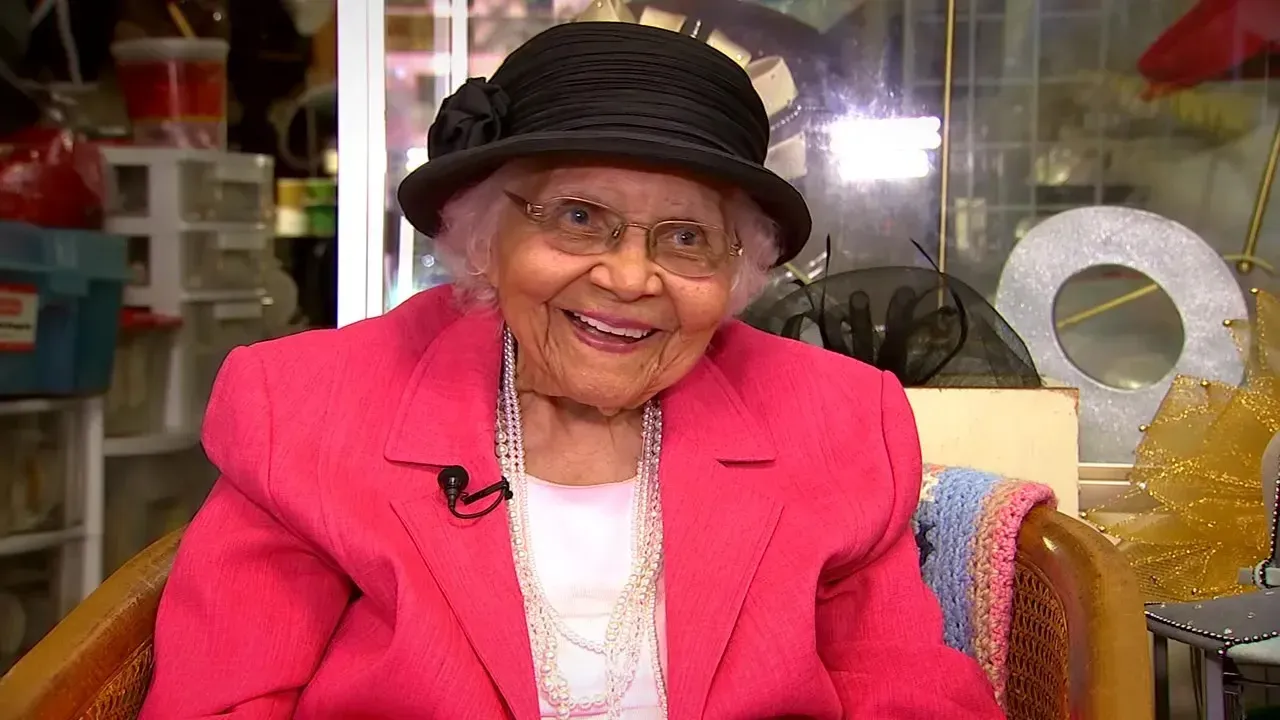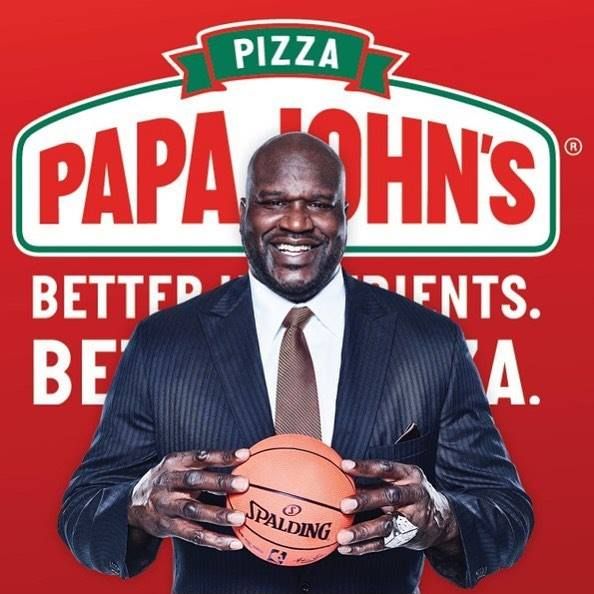Franchising and Indian Americans: A Growing Force in Business Ownership
Self-belief and hard work will always earn you success.—Virat Kohli
The American dream of entrepreneurship is alive and thriving among Indian Americans—one of the fastest-growing and most economically successful immigrant groups in the United States. According to the Pew Research Center, an estimated 5.2 million people in the United States identified as Indian in 2023. While various ethnic groups have made their mark on franchising, Indian Americans (and South Asians more broadly) are increasingly standing out for their high rates of ownership, strong community networks, and strategic approach to business. From hotel chains to fast food restaurants to senior care services, Indian Americans are not just participating in franchising—they’re dominating key sectors and reshaping the landscape.
The Numbers Behind the Success
While official data specific to Indian Americans in franchising is sparse, anecdotal evidence and broader business statistics paint a compelling picture. According to the U.S. Census Bureau and Pew Research Center, Indian Americans are the highest-earning ethnic group in the country, with a median household income surpassing $120,000 as of 2023. This financial leverage, combined with a strong entrepreneurial spirit, has led many to invest in franchising as a path to scalable, stable business ownership.
With Indian American-owned hotels across the United States numbering around 34,000—nearly 60 percent of all hotels located in the U.S.—the influence of Asian Americans in this sector is extremely strong. Need further evidence? The Asian American Hotel Owners Association (AAHOA) has more than 20,000 members and represents more than 60% of U.S. hotel ownership. In the quick-service restaurant space, Indian Americans are increasingly visible as owners of many convenience and food brands.
Though national franchising success rates vary by industry, Indian American franchisees are often reported to outperform peers in profitability and longevity. The reasons for this lie in a distinctive cultural mindset and a highly strategic, long-term approach to wealth creation.
Cultural Factors Driving Success
- Family and Community Networks
Indian American families often operate franchises as multi-generational enterprises, pooling capital and labor. This communal approach reduces operational costs and provides built-in succession planning—key for franchise sustainability. - Education and Professional Backgrounds
Many Indian Americans come from STEM and finance backgrounds and apply data-driven decision-making to their franchise investments. Their ability to manage books, analyze market trends, and run operations efficiently gives them an edge. - Risk Appetite and Resilience
Unlike individualistic entrepreneurial ventures that depend on a singular founder’s idea, franchising offers a playbook. Indian Americans—many of whom are first- or second-generation immigrants—are drawn to this blend of structure and risk mitigation. They're not afraid of hard work but prefer systems that reward persistence. - Work Ethic and Operational Rigor
Whether managing long shifts or upholding franchise brand standards, Indian Americans often bring a level of discipline and operational intensity that translates into customer loyalty and profitability.
Preferred Franchise Sectors
Certain industries have proven especially attractive to Indian American franchisees. These are the top five:
- Hospitality and Lodging
This remains the largest concentration of Indian American franchise ownership. The sector's high upfront costs are often offset by long-term asset appreciation and family-run efficiency. - Quick-Service Restaurants (QSRs)
Brands like Dunkin’, Subway, Taco Bell, and Pizza Hut are favored for their replicable operations and name recognition. Indian Americans often buy into multiple units at once or scale over time. - Gas Stations and Convenience Stores
Combining retail and food services, these operations appeal to multi-business operators and those with real estate knowledge. - Senior and Home Health Care Franchises
These brands are gaining traction among second-generation Indian Americans who prefer service-based businesses with community impact. - Education and Tutoring Franchises
Given the cultural emphasis on academic achievement, franchises like Kumon, Mathnasium, and Sylvan appeal to Indian Americans seeking mission-aligned investments.
How Franchises Can Engage Indian American Investors
If you’re a franchisor aiming to reach this influential demographic, the path forward involves respect, relevance, and relationship-building.
As with any minority group, representation matters. Showcase success stories of Indian American franchisees in your marketing materials. Representation not only resonates—it builds trust. Consider engaging prominent Indian American owners as brand ambassadors.
Understand key cultural values like family legacy, education, and long-term wealth. For example, promoting how your franchise can support multigenerational involvement or offer legacy planning can be highly persuasive.
While most Indian Americans are fluent in English, marketing materials that show awareness of cultural celebrations (like Diwali or Holi), family values, and community ties can signal authenticity.
Many Indian American investors are sophisticated capital planners. Offering financing tools or tiered multi-unit agreements will appeal to their growth mindset. Additionally, Indian American franchisees often look for dependable ROI and strong operational support. Be clear about the franchisee success rate, available mentorship, and training programs.
The Second Generation: A New Wave of Franchisors?
What’s especially exciting is the evolution of Indian American franchising into new frontiers. Second-generation Indian Americans, born and raised in the U.S., are increasingly blending cultural heritage with modern entrepreneurship. Some are stepping into legacy businesses but transforming them with tech, digital marketing, or service innovation. Others are moving beyond traditional sectors into fitness, beauty, pet care, or fast-casual concepts that align with newer consumer trends.
This generation brings a dual identity—rooted in immigrant values but fluent in American consumer culture. Franchisors who want long-term partners should start planning not just for franchisee recruitment but for intergenerational continuity.
Indian Americans have carved out a formidable space in the American franchising landscape through hard work, strategic investment, and cultural cohesion. They represent one of the most promising—and underleveraged—demographics in franchising today. For franchisors, the message is clear: engaging Indian American entrepreneurs is not just good optics—it’s good business.
By understanding the values that drive this community and offering inclusive, culturally aware pathways into franchise ownership, brands can tap into a demographic known for high performance, strong loyalty, and a passion for long-term success. Want to learn more? Contact Seth Lederman with Frannexus.
About the author
Seth Lederman, CFE, a Franchise Acquisition and Development Specialist, is a multi-faceted entrepreneur with over 30 years of experience in small business success, including ownership and sale of his business enterprises. He is a frequent contributor to The Franchise Journal and is on the exclusive Forbes Business Council. Contact Seth at seth@thefranchiseconsultingcompany.com.











